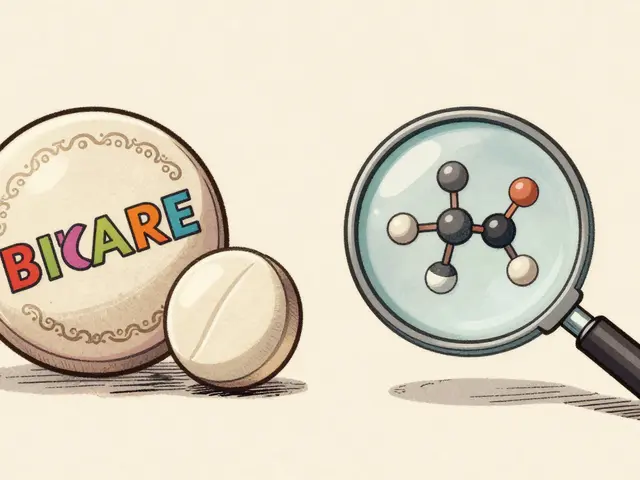Prolactin: What It Is and Why It Matters
Prolactin is a hormone made by the pituitary gland, the tiny pea‑sized organ at the base of your brain. Its main job is to help your breasts make milk after pregnancy, but it also touches other parts of your body, like your reproductive system and your immune response.
Because it links to fertility, mood, and even metabolism, many people wonder what happens when prolactin levels aren’t in the normal range. Below we break down the basics, the signs to watch for, and what you can do if something feels off.
High Prolactin: Signs and Causes
When prolactin climbs above the typical range, it’s called hyperprolactinemia. The most common symptom for women is unexpected milk production (known as galactorrhea) and a disruption in menstrual cycles. Men might notice a drop in libido, erectile difficulties, or even breast enlargement.
There are several reasons your body might crank up prolactin. Certain medicines—especially antipsychotics, antidepressants, and high‑dose birth‑control pills—can push levels up. A non‑cancerous pituitary tumor called a prolactinoma is another frequent culprit. Even low thyroid function can trick the pituitary into releasing more prolactin.
If you’re seeing any of these changes, a simple blood test can confirm the level. Doctors often start with checking thyroid health and reviewing your medication list before jumping to imaging studies.
Treatment depends on the cause. If a medication is to blame, a doctor may switch you to an alternative. Prolactin‑lowering drugs like cabergoline or bromocriptine are effective for most prolactinomas and usually shrink the tumor over time. Lifestyle tweaks—like managing stress, getting enough sleep, and limiting alcohol—can also help keep prolactin in check.
Low Prolactin and When to Seek Help
Low prolactin is less common and often shows up only when you’re nursing. If levels are too low during breastfeeding, you might struggle to produce enough milk. In non‑breastfeeding people, low prolactin rarely causes symptoms, but it can sometimes hint at a larger pituitary problem.
Doctors usually look for low prolactin when you have symptoms of other pituitary hormone deficiencies, such as fatigue, low blood pressure, or unexplained weight loss. Again, a blood test is the first step, followed by a full hormone panel to see if other glands are affected.
Management focuses on treating the underlying issue. If a pituitary disorder is found, hormone replacement therapy might be necessary. For nursing mothers, doctors may suggest medications like metoclopramide that can boost prolactin temporarily.
In most cases, keeping an eye on your overall health—balanced diet, regular exercise, and routine medical check‑ups—helps catch hormone imbalances early.
Whether you’re dealing with unexpected milk flow, menstrual changes, or just curious about your hormone health, knowing what prolactin does and how to check its levels puts you in control. If anything feels off, talk to your healthcare provider; a quick blood test can give you the answers you need.
Parlodel: Bromocriptine Uses, Benefits, Side Effects & Tips UK
Wondering what Parlodel (bromocriptine) does? Dive into how this medicine is used, common side effects, and tips to stay safe while taking it.





